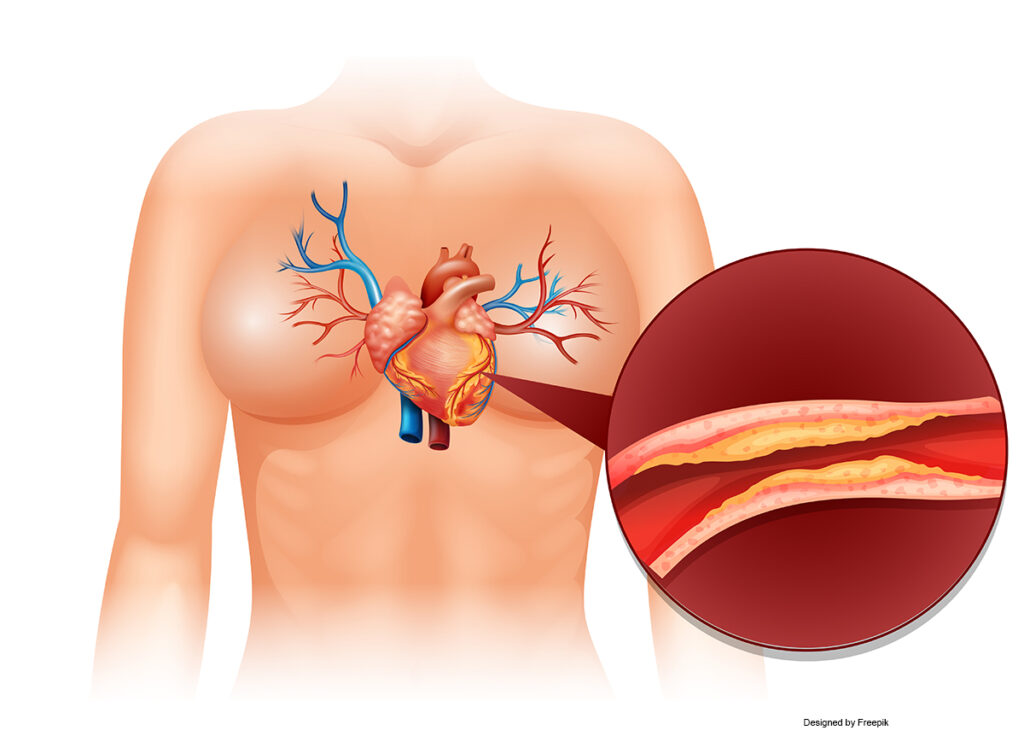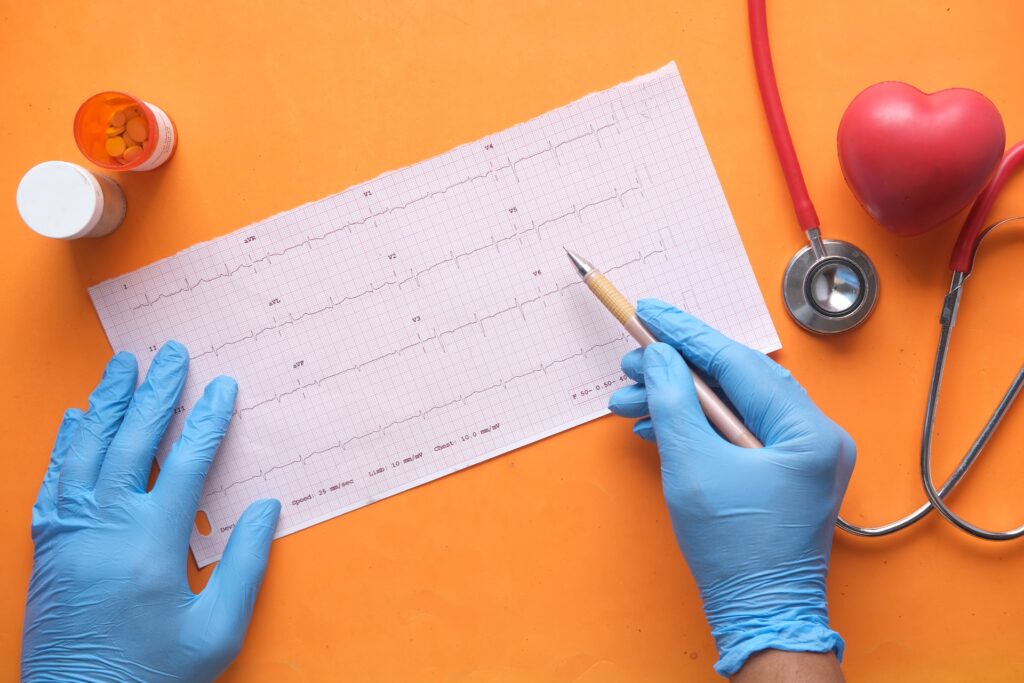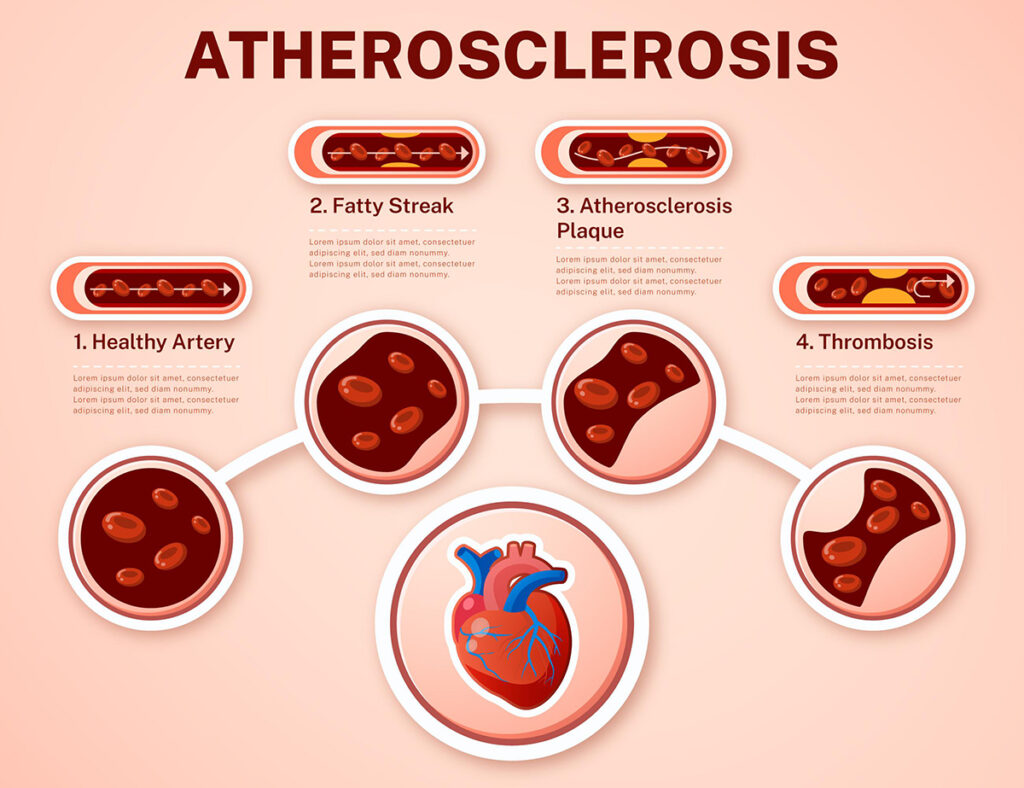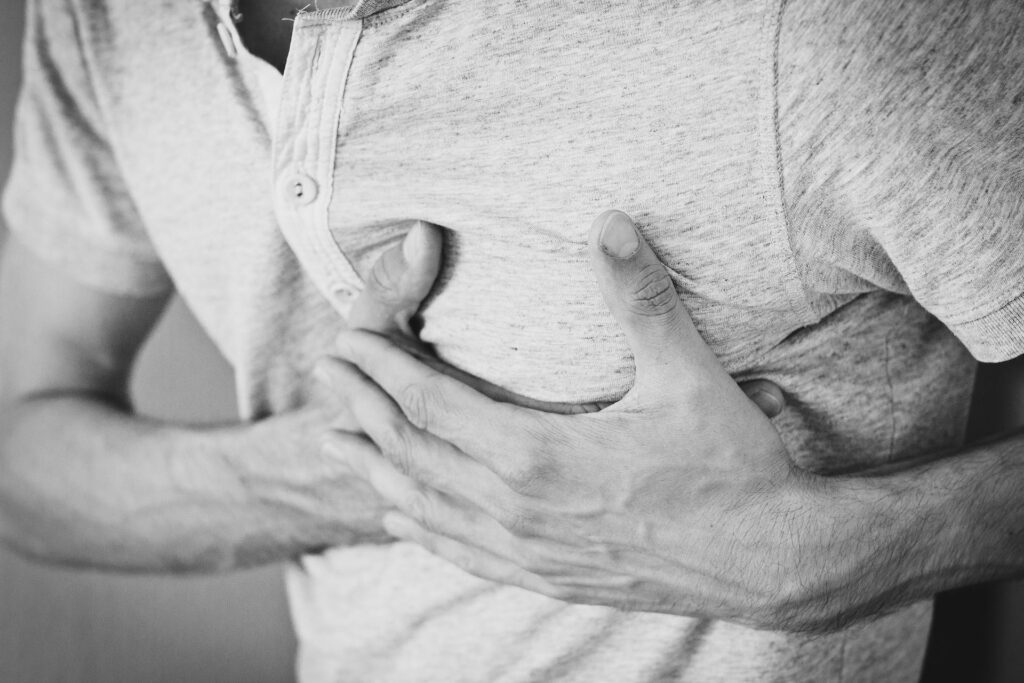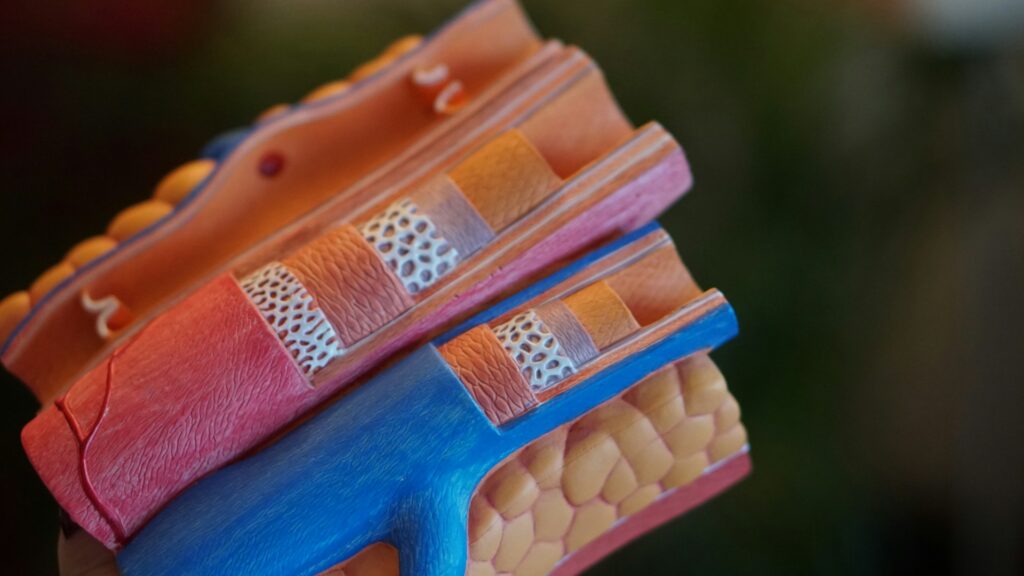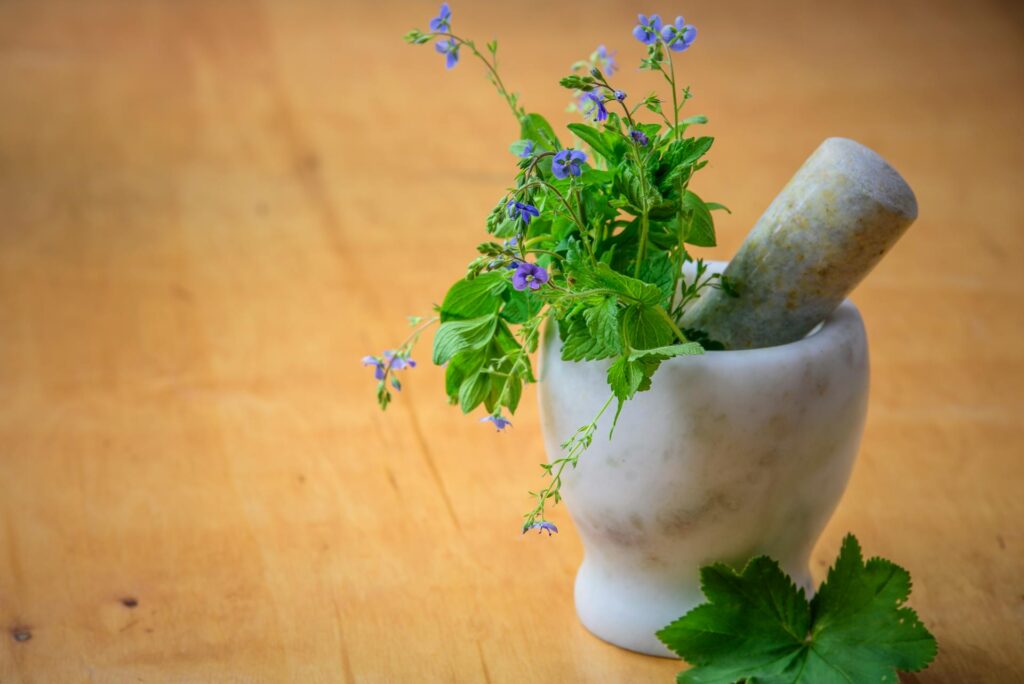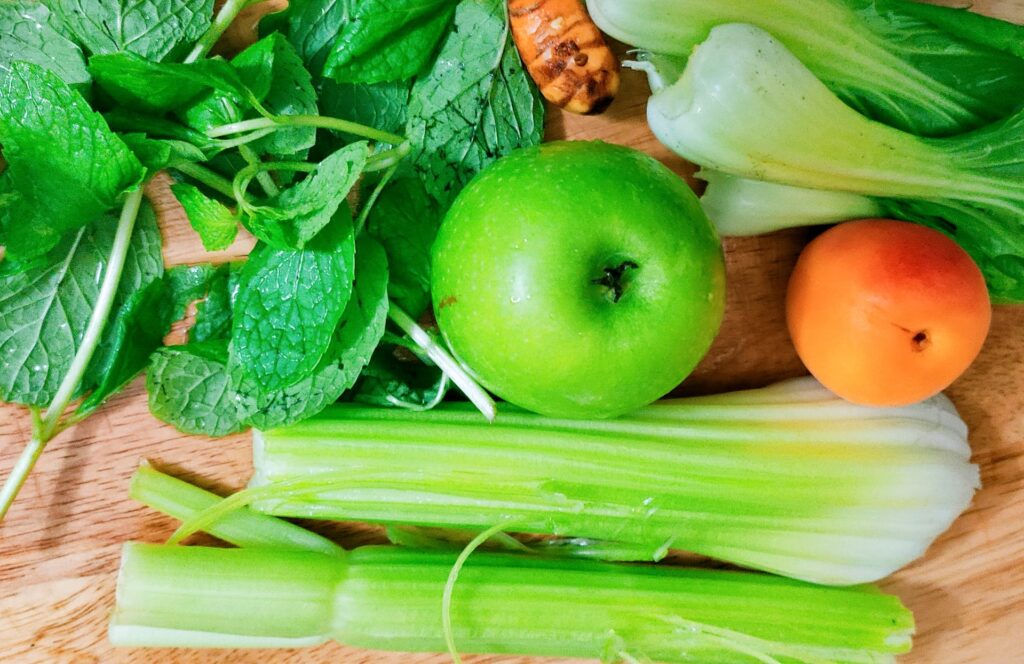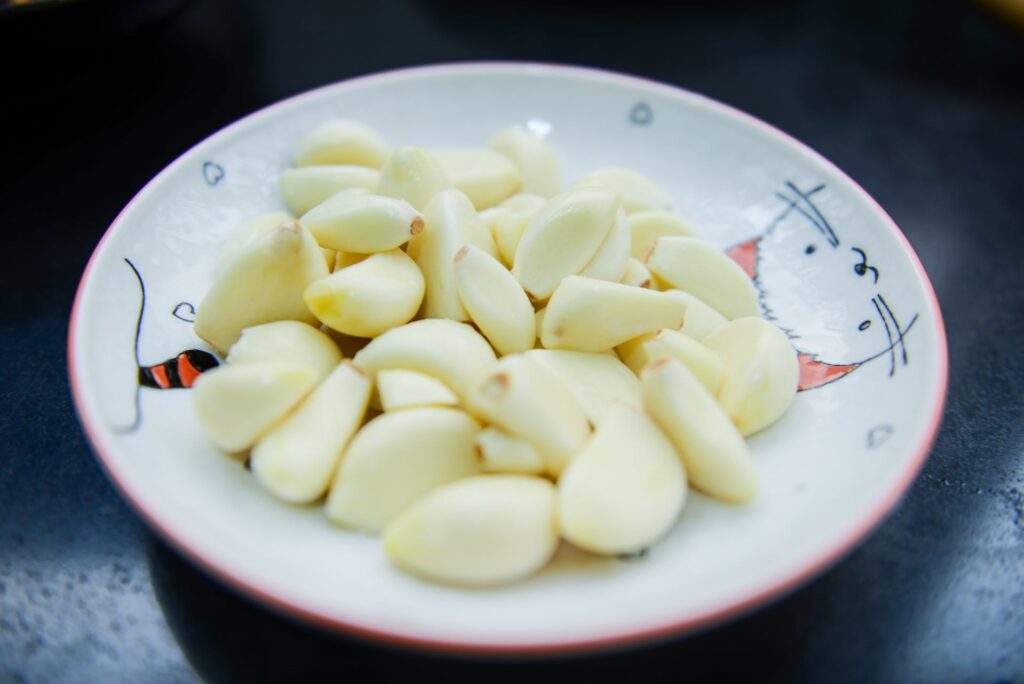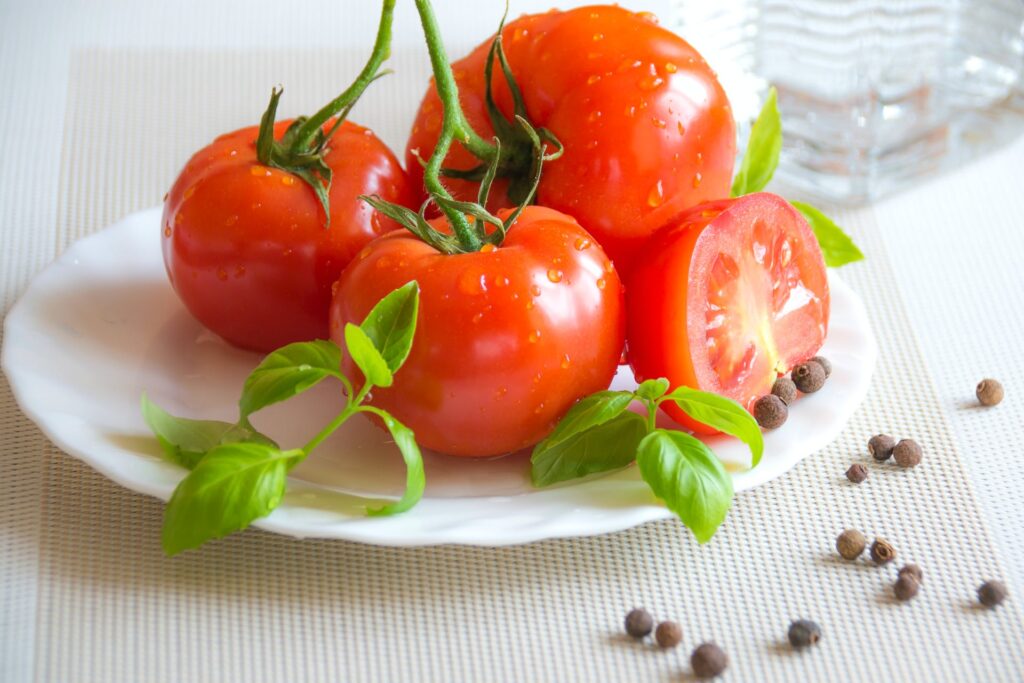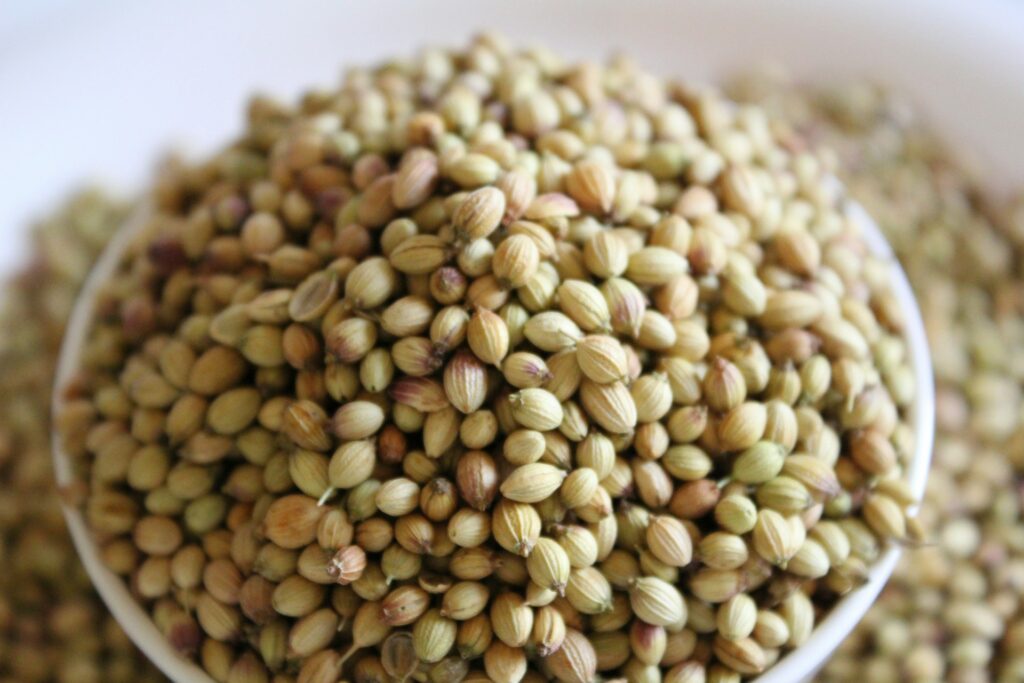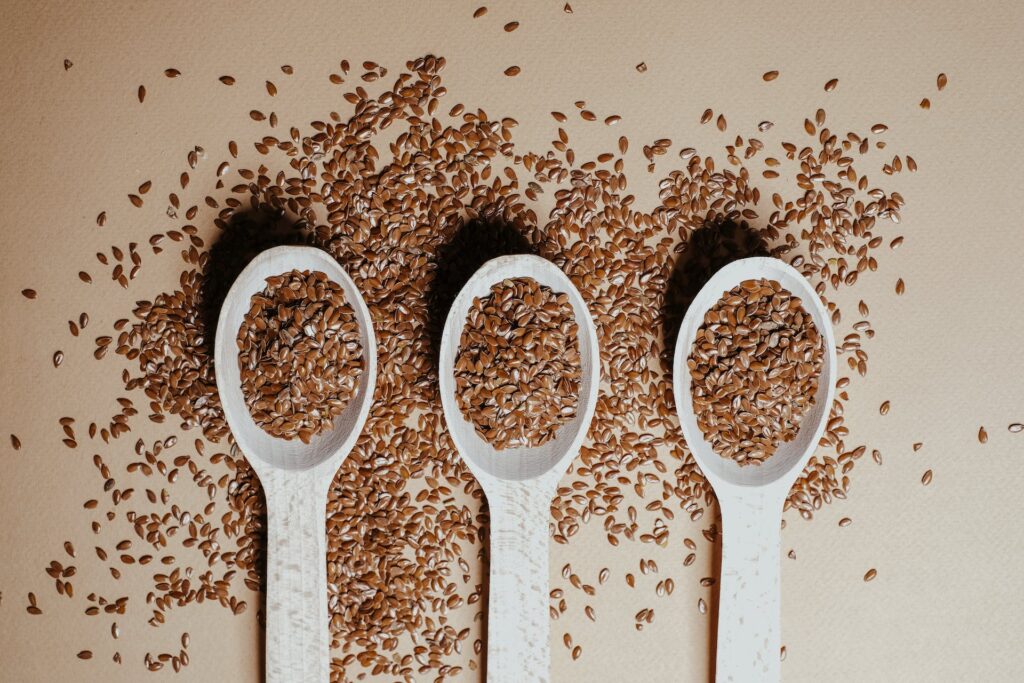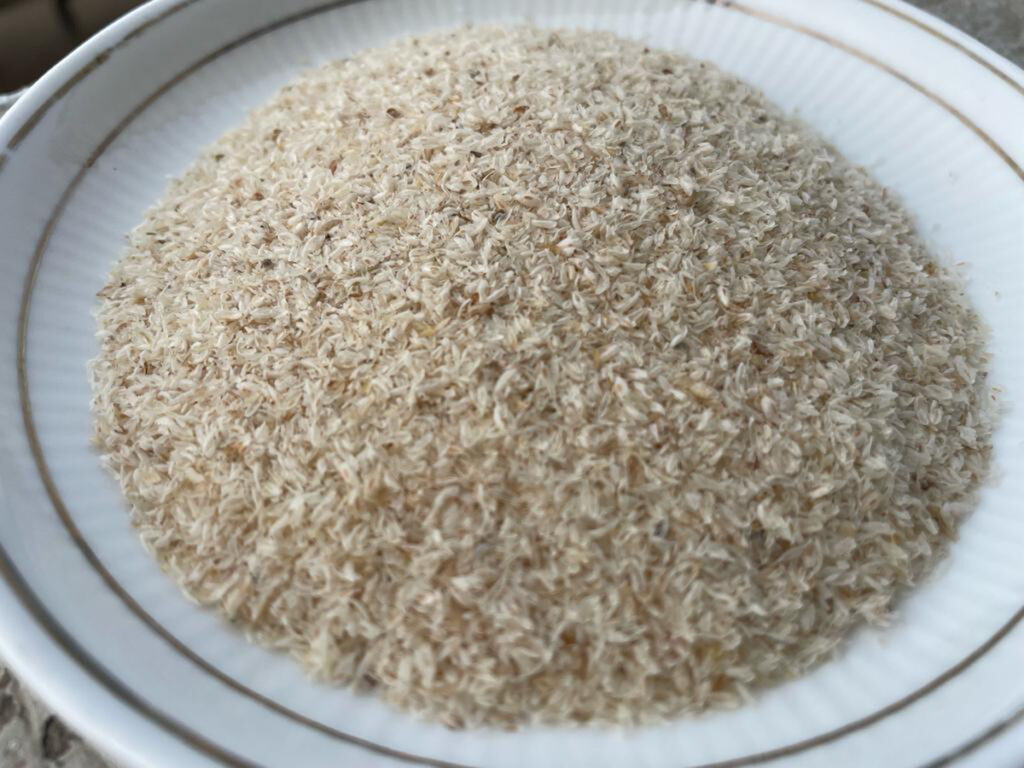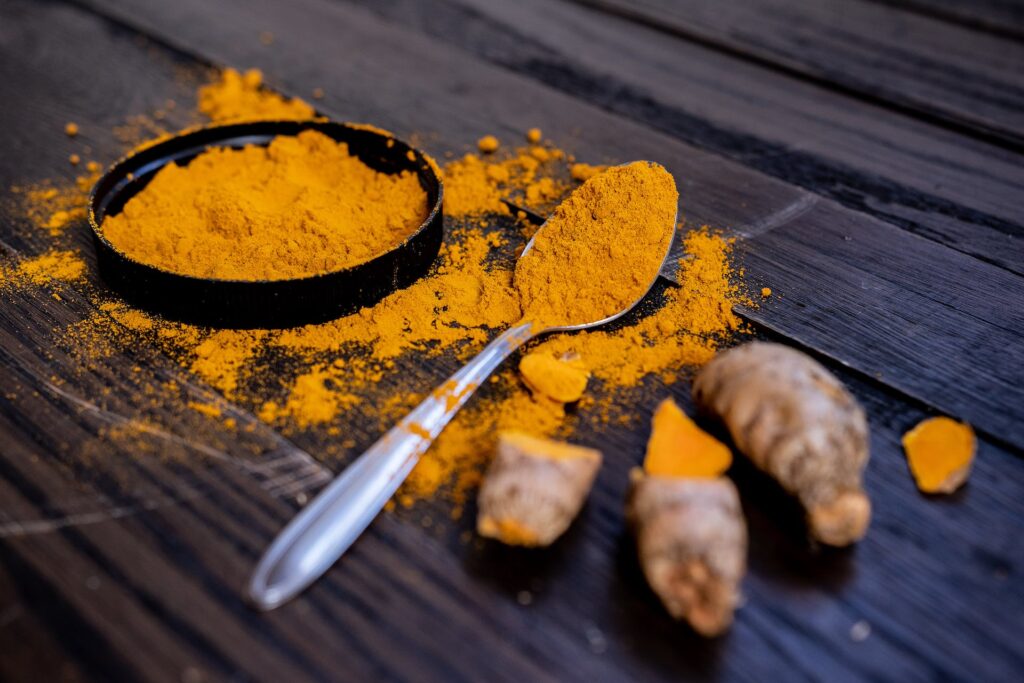,Hello dear friends! I am sure this message will fill you with good health and enthusiasm. In our recent discussions, we discussed the important topics of high and low blood pressure and acknowledged their significant impact on heart health. Today, let’s highlight another key factor in heart health: Cholesterol. Although in this blog we will talk about some Home Remedies for High Cholesterol, but before those remedies, it is very important to know well about cholesterol. So, let’s pay attention to this.
Like high or low blood pressure, cholesterol can also be a terrible threat to our heart. In recent times, we have seen an increase in reported cases of cardiovascular diseases globally, with these diseases often leading to unfortunate deaths every year. What might surprise you is that cholesterol turns out to be a major contributor to these heart problems.
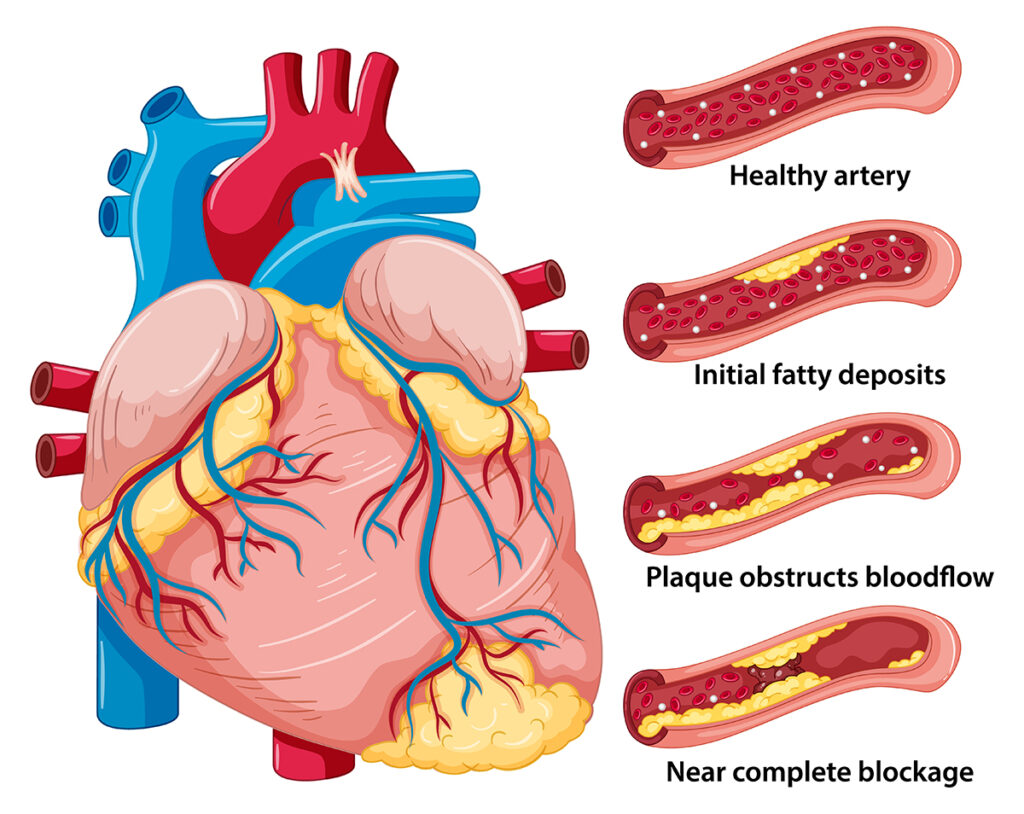
Designed by Freepik
To put it in simple terms, picture cholesterol as a stealthy intruder, silently affecting the well-being of the heart. In many parts of the world, heart disease has become the center of health concerns and is killing a large number of people. The main culprit? Cholesterol.
Now, as we explored home remedies for high and low blood pressure in our previous conversation, today, let us highlight the complications of cholesterol. We will understand its origin, and identify symptoms and causes. Along with this, we will also find out some simple but effective Home Remedies for High Cholesterol.
Now, let us expand our knowledge on Cholesterol.
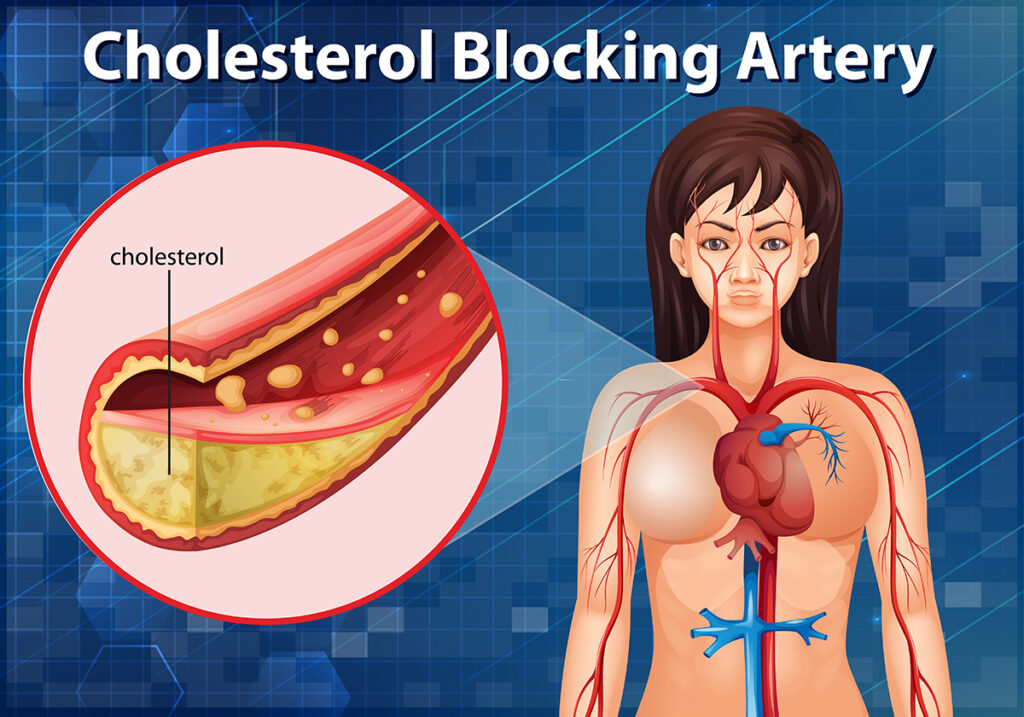
What is cholesterol?
Sure, let’s understand cholesterol in a simple and unique way:
Our body is like a nice mixture of different things – not just bones and flesh. Cholesterol is also a part of this amazing chain. This is not your typical member; It’s like a secret agent handling special tasks. You can say that it is like a VIP member, who does all kinds of important work.
Consider him the creator of the gang. Your body needs cholesterol to hold things together, building up the walls of your cells like a construction worker. So, without cholesterol, your cells wouldn’t be as strong as a well-built house.
Well, now, imagine cholesterol in your body as a helper – a kind of waxy helper. This is important because as I mentioned above, this worker helps in building cells, making vitamins, and making hormones. So, first of all, cholesterol is not a villain; It’s like a superhero building and maintaining your body.
Navigating the Cholesterol Sources: Balancing Liver Production and Dietary Intake:
Now moving forward, there are two sources of cholesterol. First, your liver is like a cholesterol factory, producing the right amount your body needs. But here’s the catch – the second source is from foods like meat, poultry and dairy products. If you eat too many of these, it’s like hiring more extra workers (more cholesterol) than necessary.
This is where the trouble can start. Some foods bring not only excess cholesterol but also their friends – saturated and trans fats. These friends can be a little mischievous. They cause your liver to produce even more cholesterol, and suddenly, you have more cholesterol than your body needs. This excess can lead to problems.
What are HDL, LDL, and VLDL?
Here, to get a more comprehensive knowledge about cholesterol, let us delve deeper into its understanding.
Let’s make it simple and unique:
Meet the cholesterol superheroes – HDL, LDL and VLDL. They are like special gloves made of fat and protein, which ensure that cholesterol is transported smoothly into your body.
HDL – (Good People):
Think of HDL as a friendly neighborhood transportation service. It’s like a superhero bus that picks up cholesterol from different parts of your body and takes it back to headquarters, which is your liver. Once there, the liver acts like a superhero by getting rid of the cholesterol. That’s why HDL is often called “good” cholesterol – it keeps the roads (arteries) clear and traffic-free.
LDL – (Not so good ones):
Now, meet the LDL – the mischief makers. They’re like a clump that leaves small blockages (plaque) in your arteries. When there is too much LDL, it can cause traffic jams, and that is not good news. Due to high levels of LDL, it is sometimes called “bad” cholesterol. Picture them as troublemakers contributing to road problems in your body’s transportation system.
VLDL – (Other trouble-shooters):
Finally, there is VLDL – another group that can be a little naughty. They are similar to LDL, which also causes some more problems with plaque in your arteries. But here’s the catch: VLDL is more interested in transporting triglycerides, while LDL prefers to transport cholesterol. So, they are like different branches of the same mischief club, contributing to the traffic jam in your body.
In short, think of HDLs as the superhero bus that keeps the streets clean, LDLs as the mischievous group that creates roadblocks, and VLDLs as their trickier counterparts with different cargo. Understanding these squads helps you navigate Cholesterol City and keep traffic running smoothly! Think of routine blood tests like superhero check-ups. They can tell whether your cholesterol levels are in good condition or have some trouble. If there is a problem, don’t panic – a few lifestyle changes (eating healthy, exercising) and some natural and home remedies can help.
Symptoms of High Cholesterol:
Sure, let’s break it down:
High cholesterol is like a secret troublemaker – it doesn’t usually announce its presence with symptoms. Instead, it works secretly until a major emergency like a heart attack or stroke occurs. That’s why it wouldn’t be wrong to call it a silent threat.
To catch this sneaky criminal, you need a blood test. If total cholesterol levels are above 150 mg/dL, it’s time to pay attention. Doctors recommend getting this test done starting at the age of 25-30 years and then every 5 to 6 years.

But still, there are some most common symptoms include:
- Chest pain (Angina)
- Feeling Uneasy (Nausea)
- Extreme Fatigue (Extreme Fatigue)
- Trouble catching your breath (Shortness of Breath)
- Pain in your Neck, Left arm, Jaw, Upper stomach, or Back
What Causes High Cholesterol?
- Regularity of Poor Diet (which contains a lot of saturated fat or trans-fat)
- Drinking too much alcohol and smoking
- Spending excessive time sitting rather than engaging in physical activity
- Stress
- Inherited genes that make your cholesterol levels unhealthy
- Obesity

Medical problems can also affect the cholesterol levels in your body. These conditions include:
- Liver disease
- Pancreas disease
- Polycystic Ovary Syndrome (PCOS)
- Hypothyroidism
- Primary Cholangitis
- Chronic Kidney Disease
- Diabetes
- Having high blood pressure
- Sleep Apnea
Home Remedies for High Cholesterol:
Here I am presenting some simple home remedies, which can help you manage your cholesterol levels and improve your overall health. You can easily include these measures in your diet to promote your healthy lifestyle.
So let us pay attention to these.
SOLUBLE FIBER: Your gut’s best friend for good health
Some foods are rich in soluble fiber. These special fibers help reduce the amount of cholesterol absorbed by your body and expel it. Eating plenty of fiber-rich foods can dramatically improve your cholesterol levels.
Soluble fiber, when eaten, absorbs water in your intestines and forms a thick, gel-like substance. This gel is great for your digestion and acts like a trap for fats, preventing your body from absorbing them. That’s why soluble fiber is fantastic for reducing the “bad” type LDL cholesterol.
Foods rich in soluble fiber include:
- Green Vegetables
- Fruits (apples, pears, oranges)
- Whole grains, such as oatmeal and brown rice
- Beans and Lentils
- Brussel sprouts
- Pea
- Kidney beans
- Chickpeas
- Quinoa
GARLIC, a tiny wonder bulb brimming with medicinal virtues
Even though garlic looks small, it has many hidden properties. Due to its culinary medicinal properties, it has become a staple ingredient in kitchens around the world, being featured in the cuisines of every country and culture. Whether eaten raw, cooked or as a supplement, it has been linked to potential health benefits. Research shows that garlic may help lower blood pressure, reduce cholesterol levels, and slow the progression of atherosclerosis.
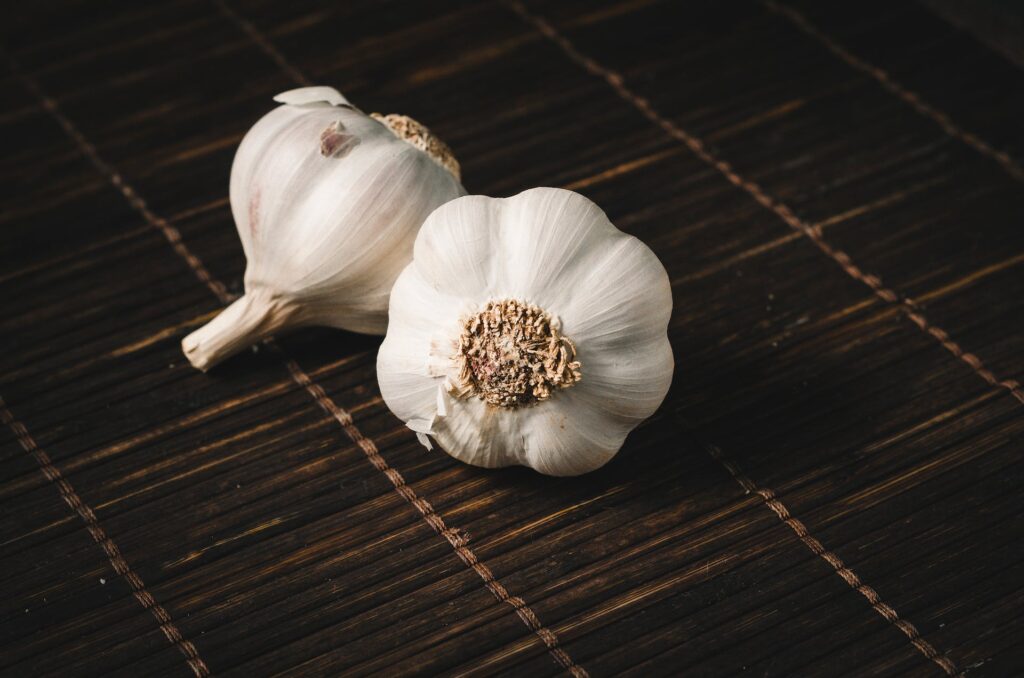
Garlic contains various compounds, such as allicin and azoin, which contribute to its medicinal properties. These compounds are believed to reduce LDL and total cholesterol levels.
You can grind a raw garlic clove and take it with a glass of lukewarm water in the morning on an empty stomach. Many people find it difficult to eat it raw, so you can include it in your food, like adding 2-3 buds of it in soups, while making any vegetable curry, in buttermilk, or adding it while making vegetable juice. By including it in your diet daily, it will give you immense benefits.
Add a healthy touch to your plate with TOMATOES!
These fruits are rich in lycopene, a compound that protects LDL from oxidation, making it less harmful to your body. Research suggests that tomatoes and tomato juice can improve cholesterol levels.
Imagine: By adding a few slices of fresh tomato to your sandwich, or salad, or enjoying a bowl of tomato soup and a glass of tomato juice, you are not only enhancing the taste but also taking a step toward better heart health. If you add some ground black pepper along with it then it works as icing on the cake.
Speed up your metabolism: Use CORIANDER and FENUGREEK seeds!
Coriander Seeds: Coriander seeds are highly valued in Ayurvedic practices for their rich nutritional profile including folic acid, vitamin A, and vitamin C. These nutrients aid in detoxification, making coriander seeds an excellent addition to your healthy diet. In Ayurveda, coriander seeds are famous for their role in controlling cholesterol levels in the blood.
For example, you can soak one spoon of coriander seeds in a mug of water overnight and boil this water along with the seeds thoroughly in the morning. Now filter it and enjoy hot sips. If you forget to soak at night, then you can make an infusion of ordinary coriander seeds by grinding a spoonful of seeds, boiling them thoroughly in water for two minutes, then filtering and drinking the liquid. This simple remedy can help maintain healthy cholesterol levels.
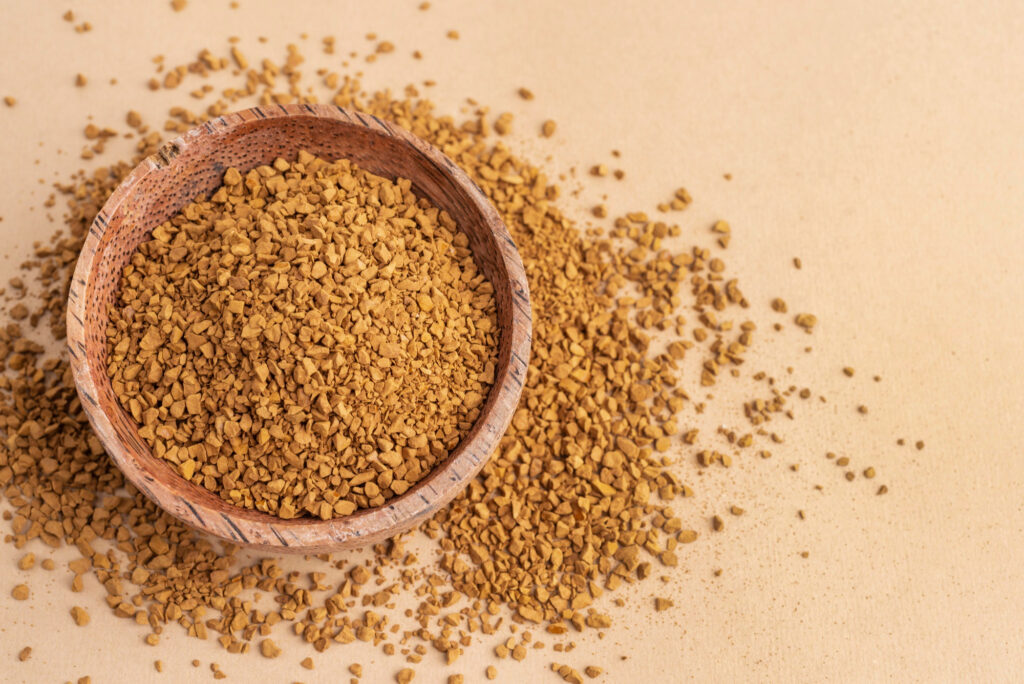
Fenugreek Seeds: Like coriander seeds, fenugreek seeds are also considered a valuable treasure in Ayurveda, providing numerous health benefits. With rich amounts of Vitamin E, fenugreek seeds are rich in anti-diabetic, antioxidant, and anti-inflammatory properties. Additionally, these seeds contain saponin, which helps in removing cholesterol from the body and preventing its synthesis in the liver. Apart from enhancing the flavor of dishes, fenugreek seeds have been used for centuries for their medicinal properties, especially in cooking in Asian countries.
Like coriander seeds, it should be consumed in the morning on an empty stomach.
Remember that fenugreek seeds are bitter in taste. So, to get used to its taste, you can add some lemon juice, or some honey is also fine but just a little, about a quarter tablespoon.
FLAX SEEDS: Omega-3 powerhouse for heart health
Flax seeds are a treasure trove of soluble fiber, lignans, and plant-based omega-3 fats – all essential for maintaining healthy arteries and managing cholesterol levels. Additionally, it is especially beneficial for post-menopausal women.
To keep your heart healthy, you must include these in your diet. – You can sprinkle them whole or grind them on your food, or add them to drinks like milk or smoothies. Flax seeds work wonders by preventing cholesterol build-up in your arteries and reducing inflammation. Aim to eat about 2 teaspoons of flax seeds per day to reduce the effects of harmful cholesterol.
For maximum benefits, opt for ground flaxseed, as it ensures better absorption of nutrients. By adding flaxseed to your diet, you are not only enjoying its cholesterol-lowering effects but also taking advantage of the benefits of its omega-3 fatty acids and dietary fiber, which promote overall heart health. Are.
This plant-based option is highly effective for promoting good health and is readily accessible.
Keep in mind, that its inherent warmth suggests it can be best enjoyed only during the winter season.
PHYLLANTHUS EMBLICA (Indian gooseberry): Your Heart’s Guardian Angel and Nature’s Cholesterol Fighter
Be prepared to be amazed by the Emblica fruit, which offers immense benefits in every state – fresh, dried, or even when it is beginning to rot. Its medicinal properties remain intact through time and change. Including one or two emblica fruits in your daily diet can reduce the harmful cholesterol levels in your body to a great extent. Emblica is considered one of the most effective natural remedies for cholesterol and is rich in vitamin C, which is essential for the repair and renewal of tissues. Rich in phenolic compounds, vitamin C, amino acids, and minerals, Emblica offers a host of medicinal benefits.
In Ayurveda, Emblica fruit is used to treat various diseases, and studies have shown that its cholesterol-lowering ability is greater than that of pharmaceutical drugs. Emblica not only fights cholesterol but also protects against coronary artery disease (CAD) and atherosclerosis. Regular consumption of emblica protects against oxidative damage and reduces bad cholesterol levels in the bloodstream. Whether you enjoy fresh emblica fruits or opt for a glass of lukewarm water with a teaspoon of dried Emblica powder, adding this superfood to your daily routine can significantly improve your heart health.
Using the Heart-Healthy Benefits of PSYLLIUM HUSK
Psyllium husk is made from the crushed seeds of Plantago ovata and is rich in soluble fiber. This fiber helps reduce cholesterol and saturated fat in your blood, thereby reducing the risk of heart disease.
Simply adding 1-2 teaspoons of psyllium husk to your daily routine can provide you with enough soluble fiber to reduce cholesterol levels in your blood. For example, adding it to your morning smoothie, buttermilk, or juice or sprinkling it on cereal can be an easy and effective way to incorporate it into your diet.
TURMERIC: protector of your heart
Turmeric is like a superhero for your arteries, fighting plaque build-up. This spice is famous for its anti-inflammatory and antioxidant powers, mainly due to curcumin. Curcumin not only reduces bad cholesterol (LDL) but also increases good cholesterol (HDL). It’s easy to make it a part of your daily routine: add it to curries or drink turmeric milk before bed. To start your morning, add half a teaspoon of turmeric to hot water or green tea. Want to get more turmeric? Add it to soups, stews, or smoothies. Try adding turmeric to your oatmeal to start your day with a heart-healthy boost.
Elevate Your OMEGA-3 Levels for a Healthy Heart
Omega-3 fatty acids are like superheroes for your heart, especially when it comes to dealing with triglycerides, a type of fat that can increase your risk of heart disease. Just 5 grams of omega-3 per day can reduce triglyceride levels by 25%.
Experts have long praised the omega-3s in fish for heart health. Whether it’s omega-3s alone or a combination of nutrients in fish, they are all heart-friendly. Eating fatty fish like salmon or tuna twice a week may reduce the risk of cardiovascular problems like heart attack.
But if you’re not a fan of fish, don’t worry! You can still get benefits by consuming omega-3-rich nuts, seeds, walnuts, and plant oils like canola oil.
So, why not prepare a delicious salmon dish for dinner tonight or a salad full of avocado, Quinoa, nuts, seeds, and walnuts? Your heart will thank you!
Here are some additional strategies to help Manage High Cholesterol:
- Stay away from foods high in saturated and trans fats as much as possible, such as processed snacks, refined flour, deep-fried items, hydrogenated oils, spices, butter, and margarine.
- Aim to include more plant-based foods in your diet.
- Control your weight according to your body type.
- Avoid smoking and limit alcohol consumption.
- Stay active by moving your body as much as you can, whether by doing some basic exercises or yoga, engaging in activities like walking, biking, jogging, swimming, playing tennis or even playing with pets. Do anything of your choice.

- Stay hydrated by drinking as much fluids as possible like green tea, coconut water, lemon water, buttermilk, orange juice, or plain water.
- Manage your anger and stress levels effectively.
- Last but not least, always be happy.
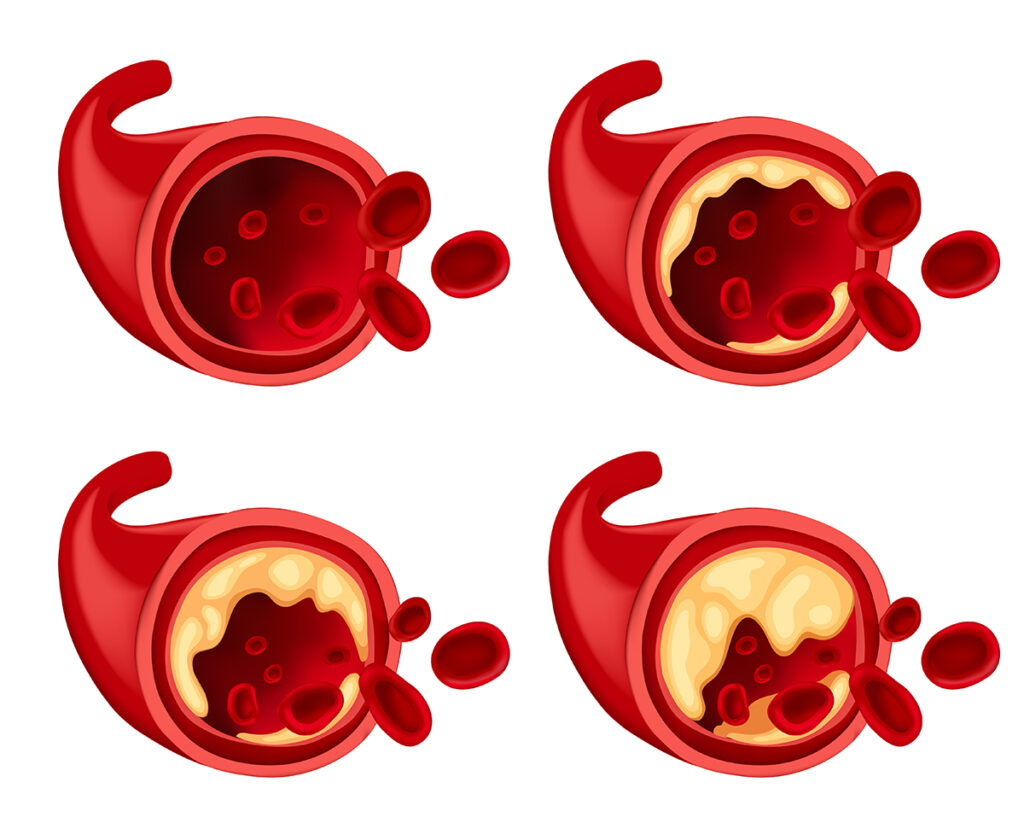
Bottom Line:
Cholesterol, a type of fat in your blood, comes from both your body and your diet. Your genes, age, diet, and activity level all play a role in your cholesterol levels.
It is important to keep track of your cholesterol levels and take prompt action to prevent any problems. The above-mentioned home remedies and minor changes in your diet and lifestyle are the first steps towards good health. I would like to give a healthy tip to all of you in this busy life, take some time for yourself and only for yourself, even if you do not have time on weekends. Always be active, learn to manage your anger and stress, and always be happy. Always being happy has been the basic tip. This works a lot. Just try it and see.

“I want to share my own experience with you. As I have already mentioned in one of my articles “Moving Your Body” my regular medical tests also showed high cholesterol levels, I myself have been using these home remedies regularly for the last 2 months. I am including garlic, flax seeds, turmeric, and fenugreek seeds in my diet daily. Apart from this, I am also taking one Emblica and Psyllium Husk daily. I have also increased the amount of fluids more than before. Right now, due to the severe cold, I am not able to go out for a walk, but I try to do as much of my household work as possible so that my body remains active.
I will have a physical examination again after a month. I hope that this time my cholesterol level will be fine and will definitely share it with all of you. Now, I end today’s article with warm wishes and good health for me and all of you.”

